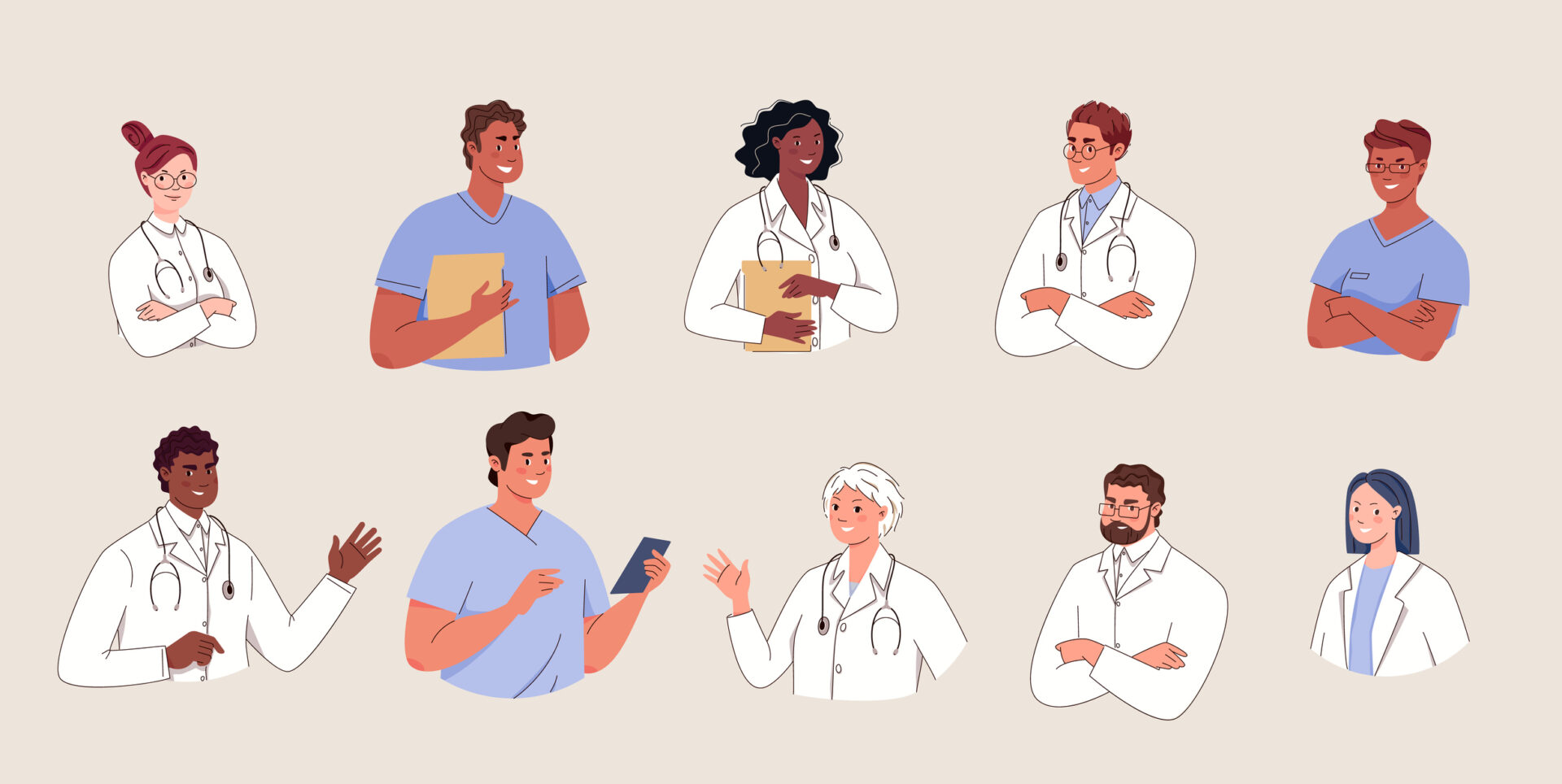Because the U.K. has universal healthcare, the hierarchy of physicians there is a little different than in the U.S. In the U.K. those who complete their foundation training can elect to pursue a short, general medicine training plan or complete a specialty training. The first choice will allow them to practice as a general practitioner; the second choice will lead them to become a consultant or specialist.
When it comes to deciding to be a consultant or a GP, one needs to consider if they prefer delegating tasks or carrying them out. GPs assess and refer whereas consultants get to the root of the issue. As always, there are tradeoffs associated with this decision, including varying salaries and specific work schedules. In the following post, we break down each of the two positions so you can better understand what each job entails and which might be a better fit for you.
General Practitioners
GPs are the first line of defense when it comes to healthcare in the U.K. GPs see patients and assess their medical cases regardless of the symptoms they may be experiencing. If a GP can treat the patient and they do not need extra care, then they will have a one-time appointment. If the case requires a specialist or a course of care to be carried out over a greater length of time, the GP will refer the patient to a consultant or specialist.
Without this referral, patients cannot see a consultant or specialist. Each day more than 1.3 million GP appointments are held in the U.K. It is not unusual for some of these appointments to be house calls. GPs may also work as healthcare professionals in schools, nursing homes, and other facilities.
Because GPs are the gateway to specialists, they often see different cases. This requires medical knowledge that may not be deep but is undoubtedly vast. GPs received education through a three-year GP Specialty Training Program. Individuals may enroll in a program of this nature provided they have completed a foundation program. As with all healthcare providers in the U.K., GPs must register with the General Medical Council. They must also be registered general practitioners with the National Health Service in the country they practice.
The pay rate for general practitioners varies significantly depending on their experience and the location in which they work. Starting pay for GPs is around $73,000. GPs who have been practicing for longer can make up to $110,000 per year.
Consultants/Specialists
In the U.K. and other areas of Europe, a consultant is a healthcare professional who completed a specialty training program and is qualified to provide medical care in this area of medicine. The terms consultant and specialist are often interchangeable. In some areas of the U.K., however, the term consultant is reserved for individuals who have been practicing as specialists for many years and now hold a senior specialist position. All consultants within the U.K. must be registered with the NHS and a Certificate of Completion of Training. Gaining this certificate is not easy, though. Like medical residencies in the U.S., specialty training in the U.K. can last between three and nine years.
Rather than working with a patient once or referring them to another healthcare professional, as general practitioners do, consultants care for patients throughout their case. For this reason, consultants must have excellent communication skills and place importance on the physician-patient relationship. Communication is an important skill, especially in the case that a consultant oversees a team of physicians within their specialty.
Unlike GPs who have a large pool of knowledge to pull from, consultants must be detail-oriented and have information on everything about their specialty. Depending on the specialty, consultants may perform operations and extensive testing on patients. GPs do not participate in such activities.
Due to their training, consultants often make more than GPs. Starting pay for consultants in their first year is around $100,000. Each year, consultants receive a pay raise. Annual raises can fall between $3,500 and $5,000 and are based on several performance indicators.
No matter the path, both consultants and GPs play essential roles in the health and happiness of their patients.
Interested in becoming a GP or Specialist, shadow one of these healthcare professionals during a clinical observership in the U.K.!







Leave A Comment